
Acne Self-Care: How to Handle Acne-Prone Skin with Care
Acne is a troubling skin concern among teenagers and youths. People with oily skin are more likely to have these breakouts on the face. But acne self-care with the right products can help keep the breakouts at bay. Read through this article to explore more details about taking care of your oily skin to control acne and breakouts.
What Is Acne Self-Care?
While following a skincare routine for acne, it is essential to keep your skin clean. But keeping your skin excessively clean by scrubbing away impurities won’t clear your acne. When you have acne-prone skin, you have to use certain skincare products and make some lifestyle amends to prevent breakouts.
If you want proper acne care tips, you should keep the following things in mind:
- Avoid squeezing or popping out pimples because it will only worsen the inflammation and lead to scarring.
- Always cleanse your face after exercising or performing any activity that contributes to a lot of sweating.
- Avoid unnecessarily touching or holding your face.
- Don’t ignore moisturiser when you have oily skin because dryness can be a cause behind excessive sebum production. The key is to discover a lightweight, non-greasy moisturiser.
- Never step out without sunscreen because UV rays are more likely to trigger breakouts in the absence of a protective barrier on your skin.
- Don’t shy away from consulting a dermatologist if your acne worsens after self-care remedies.
Symptoms of Acne
A few symptoms of acne are as follows:
- Crusting of skin bumps
- Small red bumps
- Cysts
- Small red bumps with yellow or white pus
- Skin scarring
- Blackheads
- Whiteheads
- Red skin eruptions
Causes of Acne
Acne gets triggered due to the clogging of pores on the surface of the skin. Each individual pore is the opening to a follicle containing an oil gland and hair. As the gland releases oil, it helps eliminate old skin cells and maintains the softness of the skin.
The mixture of oil and skin cells can block the glands. The blockage or clogging is called a comedone or plug. When these plugs trap bacteria, the immune system of the body reacts to it and causes pimples.
A few factors that can trigger acne breakouts are as follows:
- Hormonal changes during pregnancy, puberty, or menstruation can make the skin oilier. Stress and birth control pills can also trigger hormonal imbalance and increase sebum production.
- Using greasy and oily cosmetics or hair products can also trigger acne breakouts.
- Several medicines like phenytoin, oestrogen, steroids, and testosterone can trigger acne breakouts.
- High humidity and heavy sweating can also cause acne.
- Excessive rubbing or touching of the skin can cause acne.
How to Handle Acne-Prone Skin with Care
You must formulate a proper skincare routine for oily acne-prone skin to fight breakouts and scars. The first thing to do is cleanse the face to get rid of all impurities that can clog pores and trigger breakouts. After getting rid of all the impurities, it’s essential to apply a non-greasy moisturiser.
The Pink Foundry Acne Care & Healing Gel Moisturiser with Tea Tree & Cica is perfect for people with acne-prone skin. It can accelerate the acne healing process and enhance the skin texture. Apart from treating existing acne, the product can also prevent future breakouts.
It will gently hydrate your skin and help lock moisture. Adding the moisturiser to your skincare routine for acne-prone skin will regulate oil and sebum production and unclog pores. Furthermore, the moisturiser will help soothe redness and irritation.
The Super Clarifying 12% Niacinamide Face Serum for All Skin Types is also great for acne prevention. It contains ingredients like liquorice and green tea to give you blemish-free skin. The serum can also reduce enlarged pores and promote even skin texture.
Also, explore the Overnight Acne Spot Corrector when you need quick results. The product is ideal for drying existing active acne and gives you clear skin in the morning. It relies on salicylic acid, sulphur, zinc oxide, glycerin, and calamine to clarify your skin.
Also read: The Benefits of Niacinamide for Acne-Prone Skin
Conclusion
You should know that no acne skin care treatment will magically make your face clean within hours. Remember to be patient and consistent while trying any skincare treatment to prevent acne. Moreover, what works for one person might not be the right fit for you. So, it’s crucial to discover a range of skincare products gentle to your skin.
FAQs:
1. How can I establish a gentle skincare routine for acne-prone skin?
The key to having a proper acne-prone skincare routine is choosing the right products. You should invest in a good, non-greasy moisturiser. Moreover, you must include sunscreen in your skincare routine. Additionally, it’s important to always cleanse your face before applying any skincare product.
2. Is it safe to use acne-fighting products with active ingredients?
Using acne-fighting products with active ingredients can be highly beneficial for your skin. A few key active ingredients in acne-fighting products include niacinamide, squalane, cica, and tea tree extract. All these ingredients help fight breakouts and can soothe the skin.
3. How often should I cleanse my face if I have acne-prone skin?
People with acne-prone skin should cleanse their faces at least twice a day. It is essential for removing grime from the skin to open up pores and prevent breakouts.

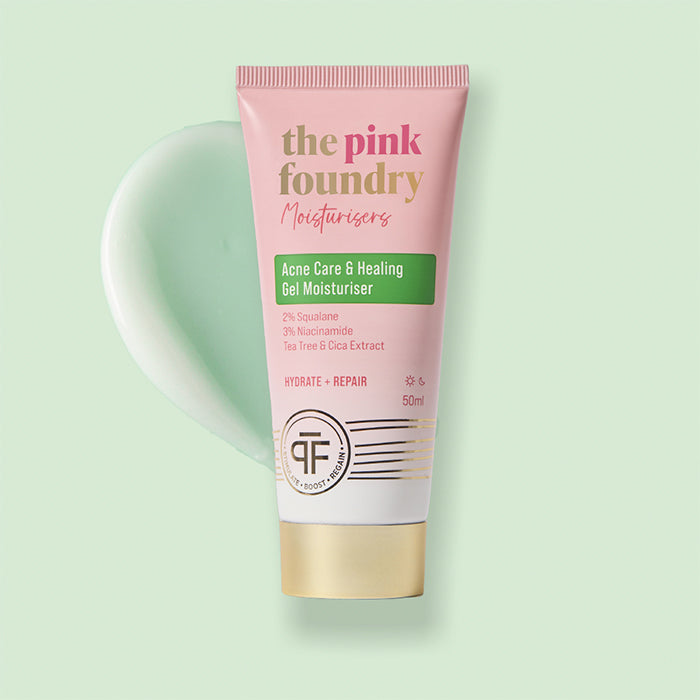





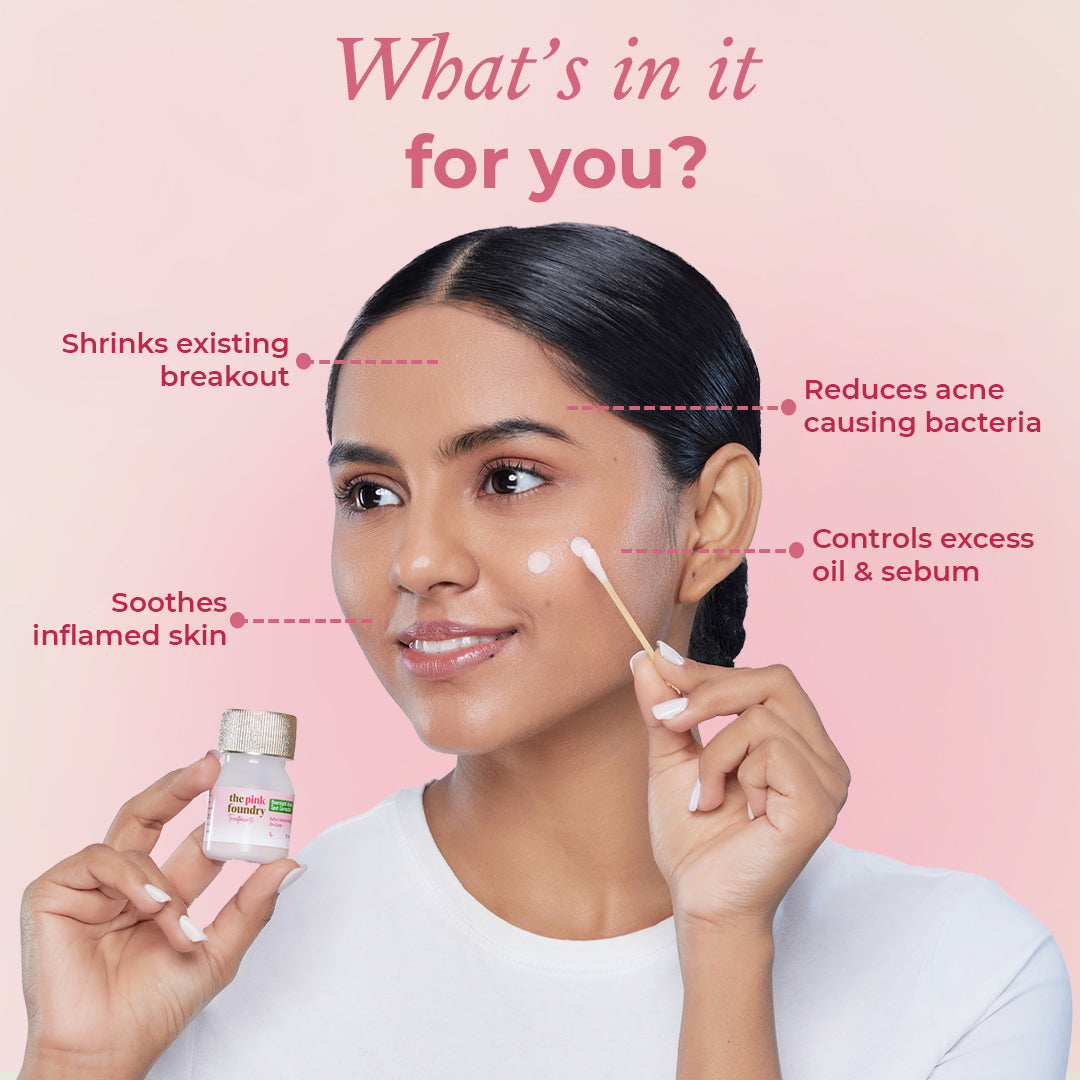
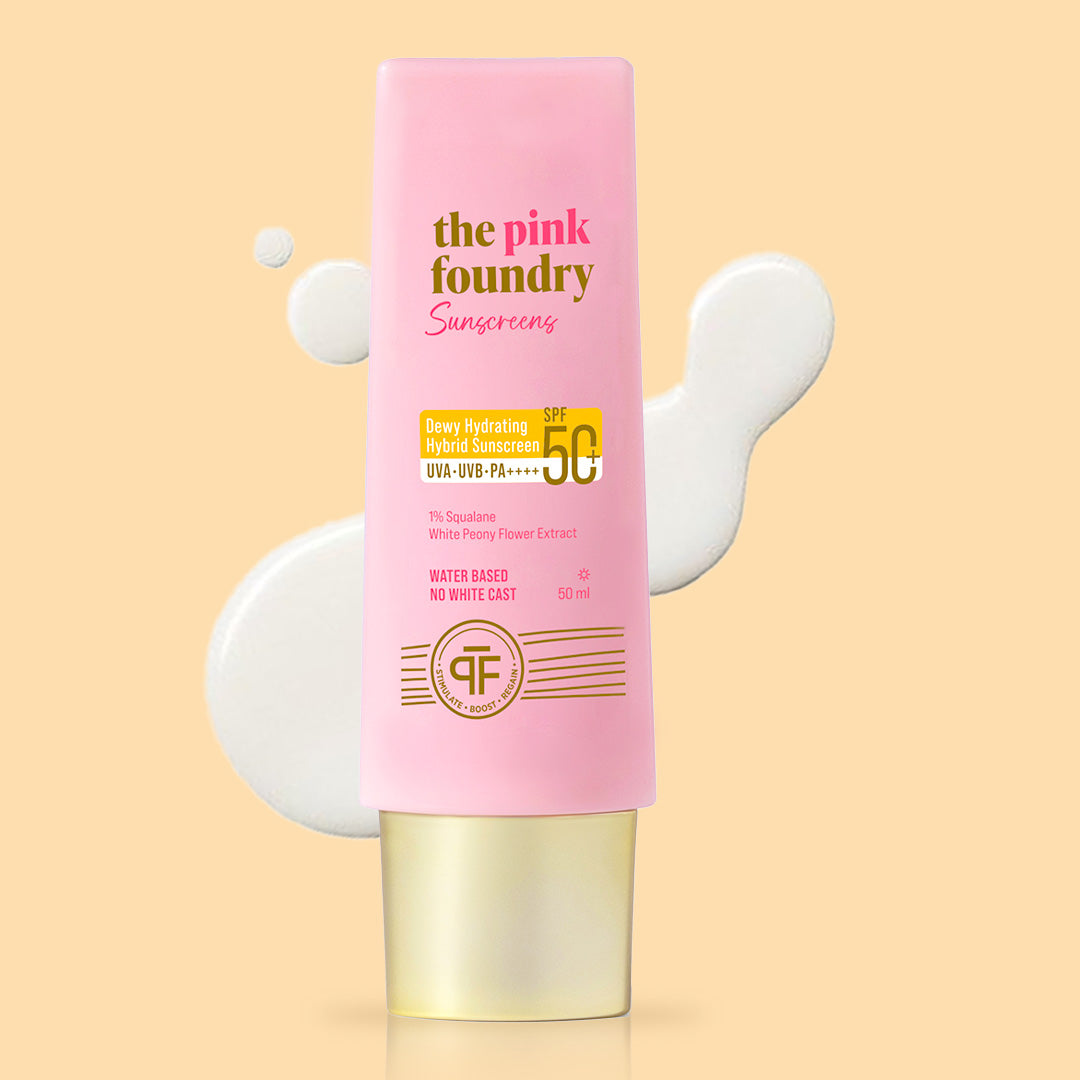
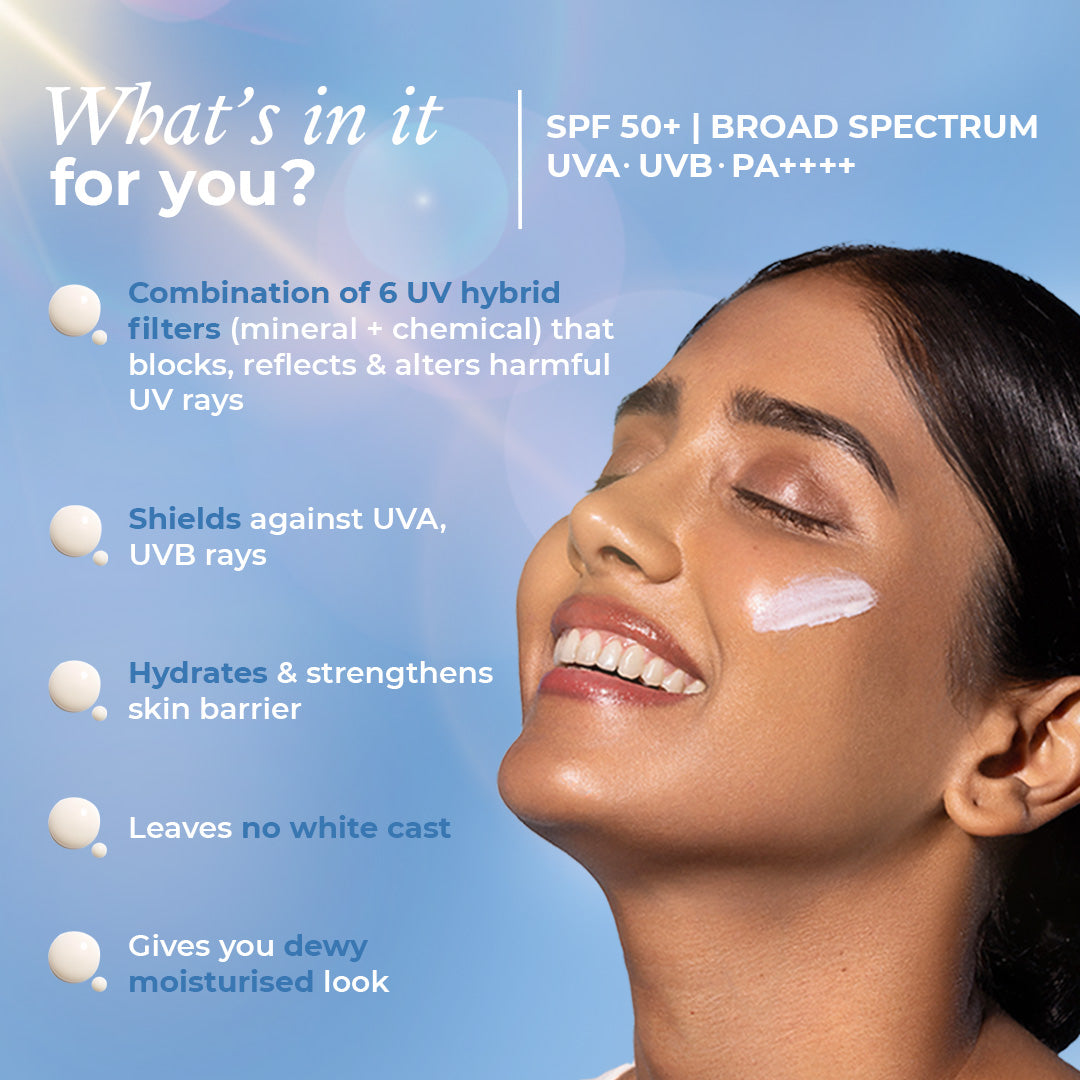


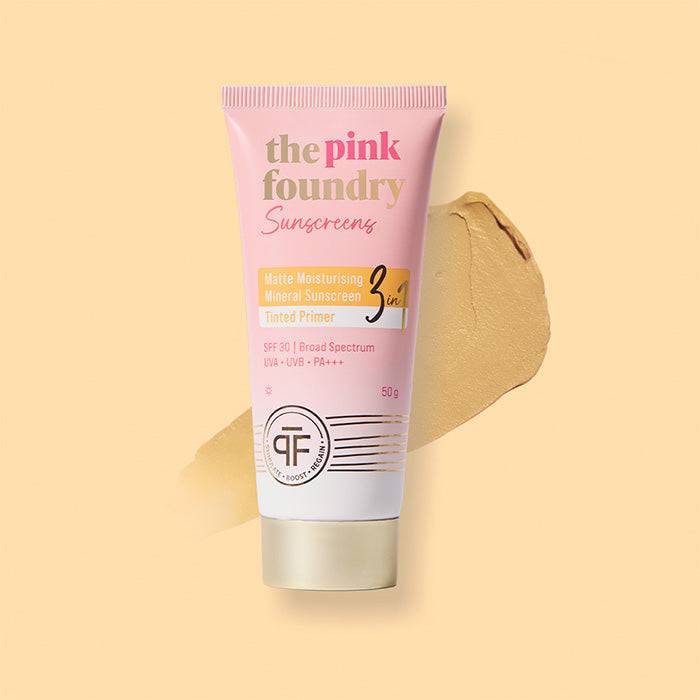
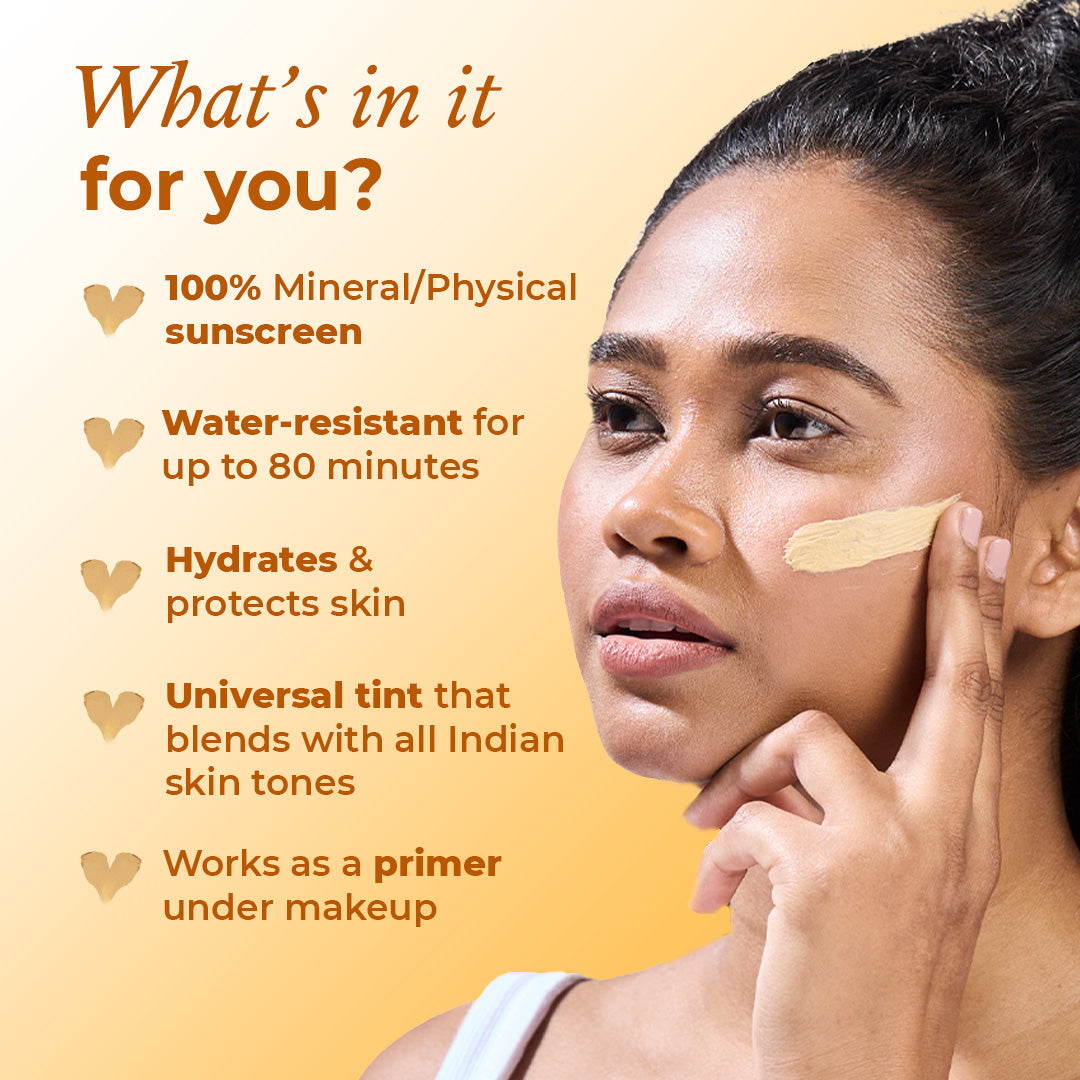



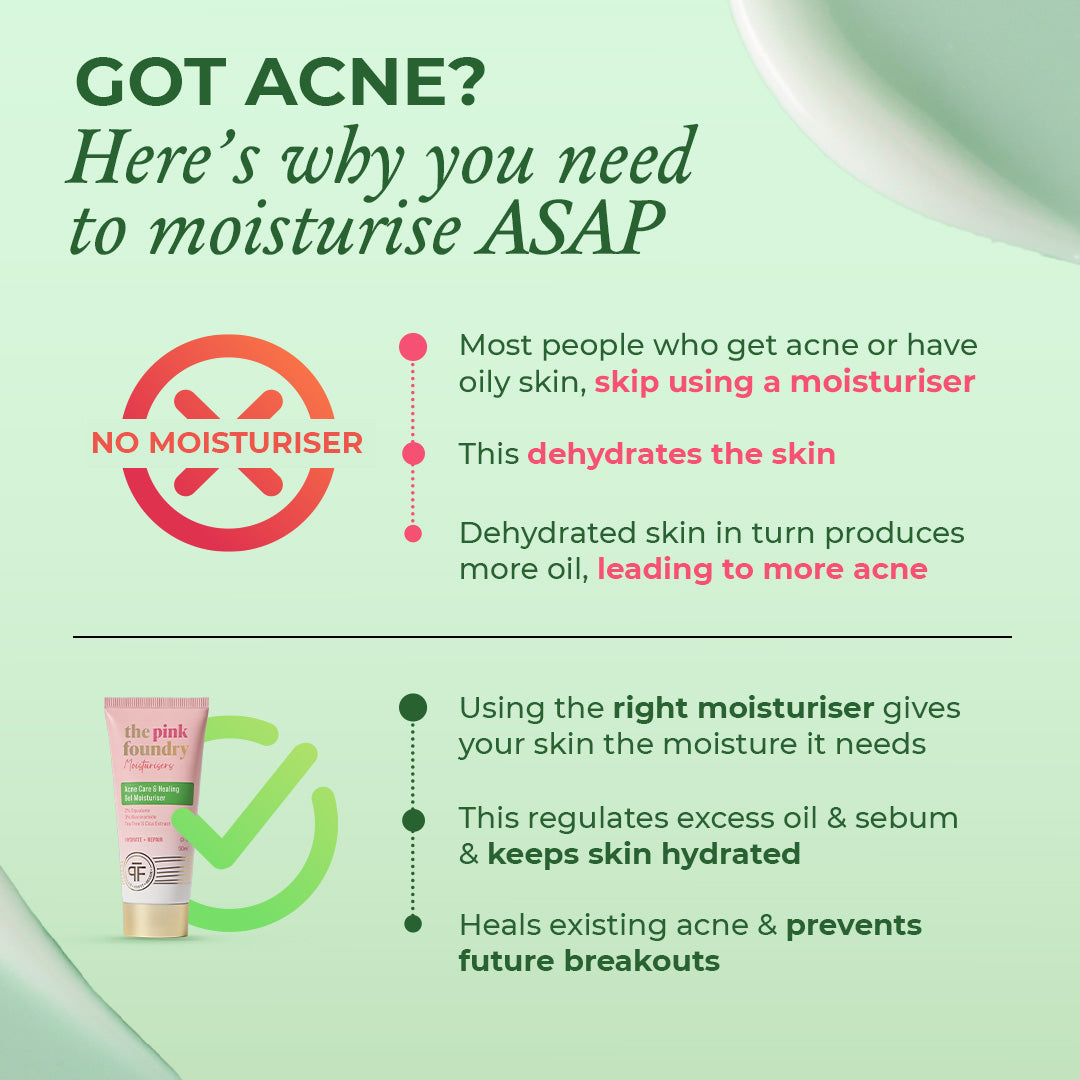
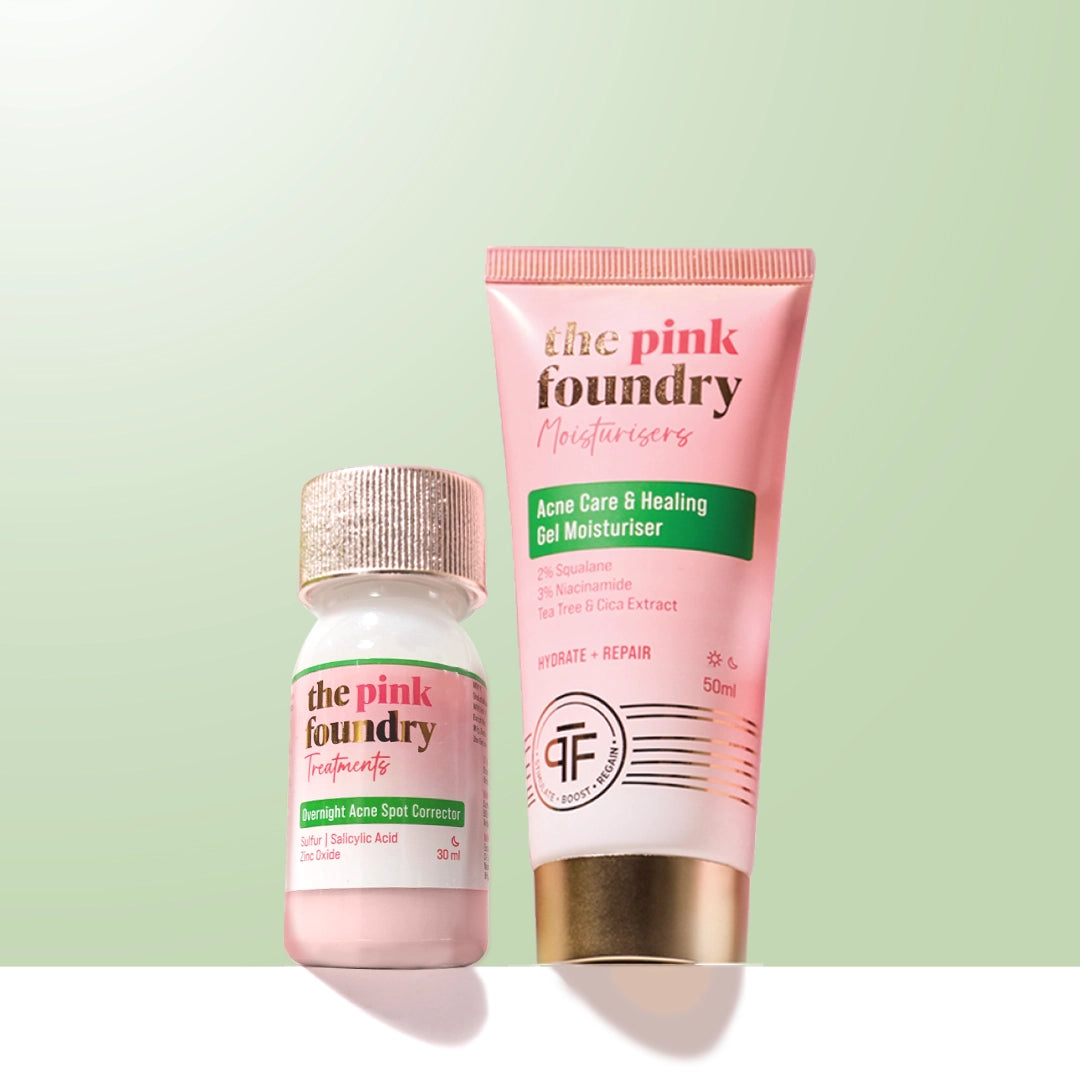
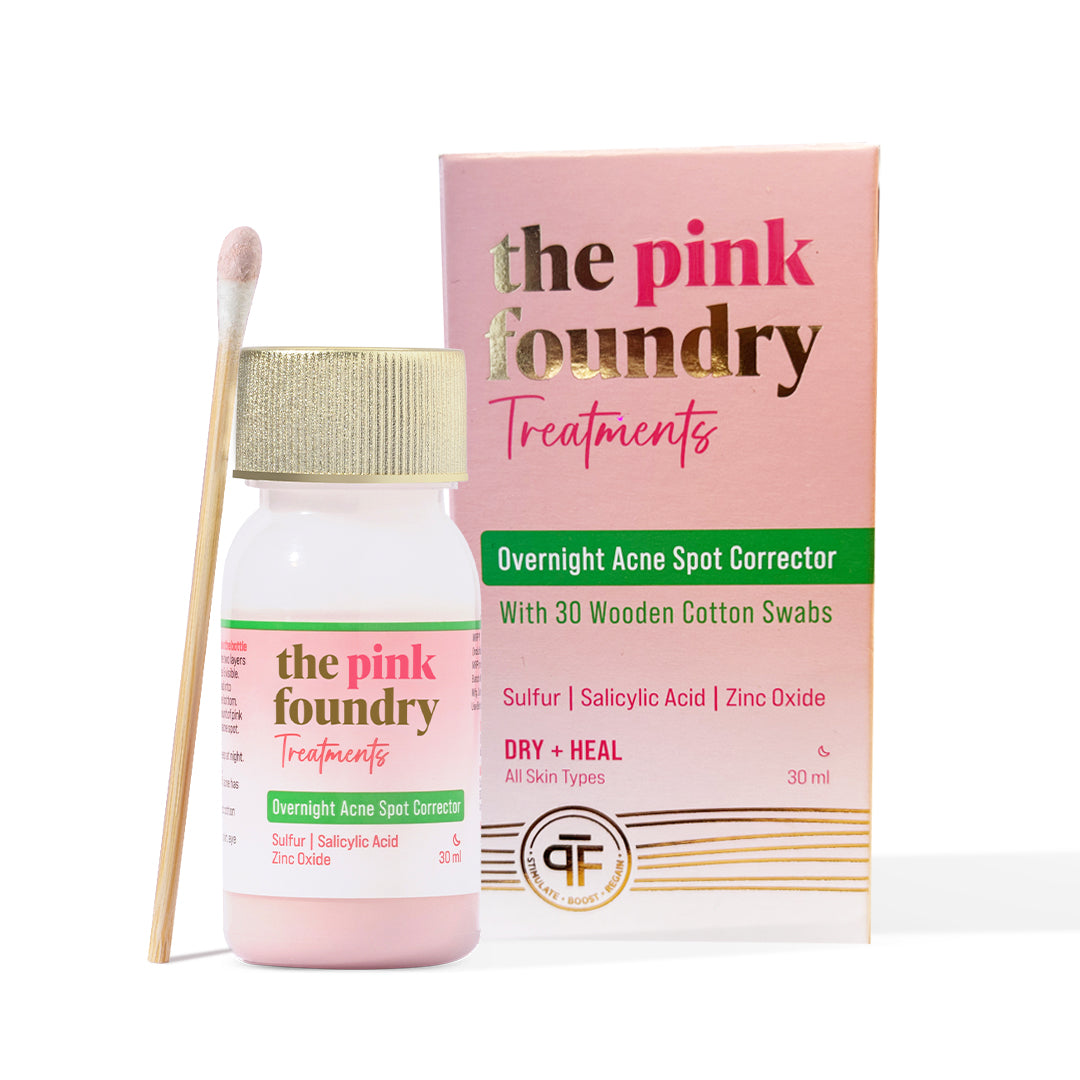
Leave a comment
This site is protected by hCaptcha and the hCaptcha Privacy Policy and Terms of Service apply.